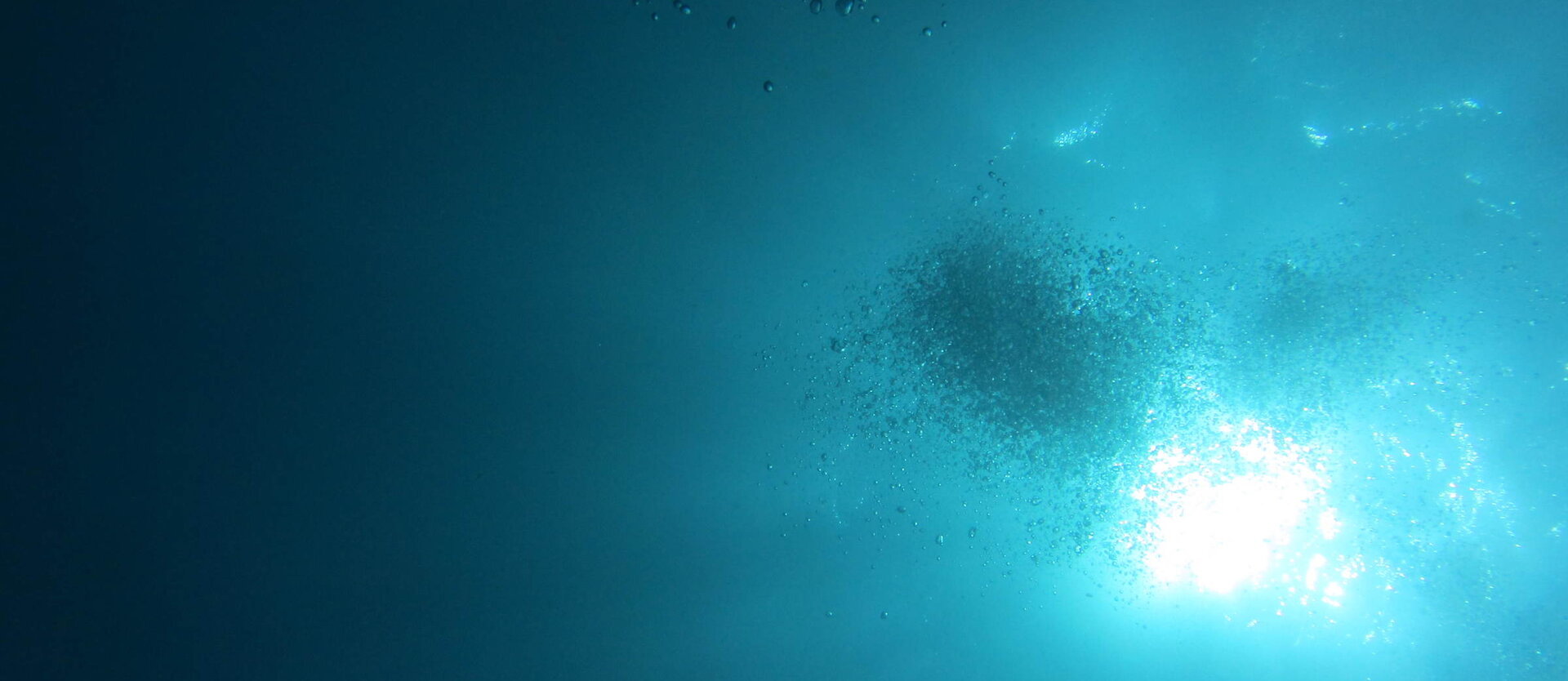Travel insurance is a big issue in 2022 as a result of a scramble in the industry to reduce potential financial exposure to COVID19.
Beyond the complexities of the current insurance environment, however, one question that pops up routinely is whether or not standard travel insurance policies cover you for scuba diving.
The answer is somewhat nuanced and we are in no position to offer any advice regarding the appropriateness of any one policy.
But, broadly, our answer is yes, standard travel insurance will cover you for diving…to a degree - and that’s the important bit.
You need to carefully check any policy that you take out. The reams of accompanying terms and conditions are hardly an attractive prospect to read through, but it is worth having a good understanding of what is, and is not covered.
All policies are different.
As a general guide you will be covered to dive to 18 metres (60 feet), provided you have the correct certification. If you’re planning to go deeper, then you’ll usually need to extend the sports' provision of the policy that you have chosen.
We are not aware of any travel policy that will cover you beyond 30 metres (99 feet) regardless of your certification.
Dive Bunnies doesn't cover technical diving, but on the basis that diving below 30m (99 feet) is not covered by standard travel insurance, the likelihood that technical diving is included is pretty much nil.
BUT...take note of the following:
Firstly...
With standard travel insurance you will nullify your policy if you go beyond the depth limit. And there is no flexibility.
If something happens whereby you sneak below the limit, then that is the end of your insurance… and not just for the offending dive, but for the holiday and probably the duration of the policy.
It is extremely likely that any breach of depth will be used by an insurance company as evidence of you failing to follow safe diving practises, and therefore invalidate the policy.
This is especially worth considering if you are visiting a jurisdiction where you may have a legal obligation to help a diver who needs assistance - even if that means exceeding your own certification (and therefore, insurance) depth limit.
There have been instances where an individual who was deemed to be the ‘senior’ diver in a group was held liable by the local authorities for a dive accident in that group - even though the individual concerned was not a diving instructor or divemaster and had not planned, organised or led the dive.
Secondly...
You need to understand what isn’t covered.
Most standard travel insurance policies will not cover things like search and rescue costs – so if a helicopter or search boats are needed, you’ll be paying the bill.
Low flight repatriation is also, usually, not covered - and that may not just be to return home, you may need to be flown to a different location to access the appropriate medical help.
If you have a decompression issue and need to fly at low level, the airline will pass the bill for additional fuel to you or (usually) refuse to allow you to fly - meaning you will need to charter your own flight. Let’s face it, that’s not going to be cheap.
Other aspects that will probably be missing are things like follow on decompression chamber treatments. It is unusual for decompression treatments to simply involve a one off chamber visit, and a series of treatments may well be required.
These follow on sessions, together with ancillary treatments such as physio and counselling - all of which may be necessary to get you back to full health, physically and emotionally - will usually happen after you have returned home.
Travel insurance will not usually cover treatments delivered in your home country.
Scuba diving Insurance
In our opinion, you should always look to take out specialised scuba diving insurance.
Standard holiday travel insurance is probably sufficient for individuals (or families) who are thinking about doing one or two dives whilst on holiday, and as part of structured, supervised dive centre activities.
If your holiday is more of a ‘diving holiday’, rather than just a ‘holiday’, then specific dive insurance is the way to go.
Depending on the provider, this can be as cheap as £30 (USD $41) for an individual for 9 days diving.
Specific scuba diving insurance covers the areas that we detailed above as being ‘missing’ from standard travel insurance policies. This includes ‘after event’ expenses incurred after you return home, such as medical costs, PFO testing, return to dive medicals and certain alternative therapies.
We don’t recommend one provider over another.
We have never had to claim on an insurance policy, don’t know enough about the various available policies and, ultimately, you have to make your own decision regarding your policy.
Some leading names, however, are DAN, Idec and DiveAssure.
So take out both?
No.
We are a little nervous about having standard travel insurance, topped up with specific scuba diving insurance.
This is merely driven by concerns around divers becoming ‘trapped’ in an insurance black hole - somewhere between both insurers, each arguing that the other has liability.
Our personal preference is to take out full travel insurance, with a provider that specialises in scuba diving - something that has become increasingly available in the past few years. This gives you full ‘standard’ travel insurance, together with specific dive related insurance, but all in one place.
And you can blend many policies to reflect a mix of divers and non divers in a family.
Many policies will also provide cover for professional divers (instructors and divemasters) alongside their non professional family members - so even if you are not planning on teaching, you will have some cover if you are ‘deemed’ to be the ‘senior’ diver (although you cannot insure criminal responsibility).
Enjoy this article and want to know more about Dive Bunnies?
Are you a new or novice diver and want to get more involved with Dive Bunnies?
Follow us on Twitter
Why not join our Facebook Group and make some new friends - we would love to hear from you!





